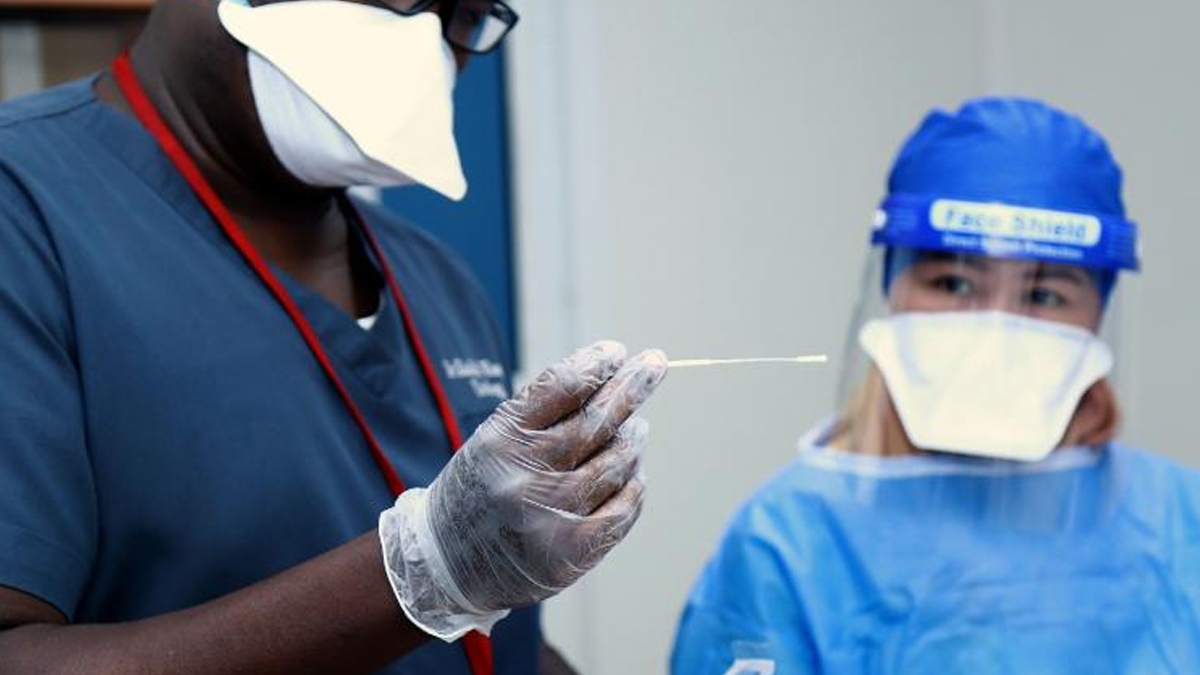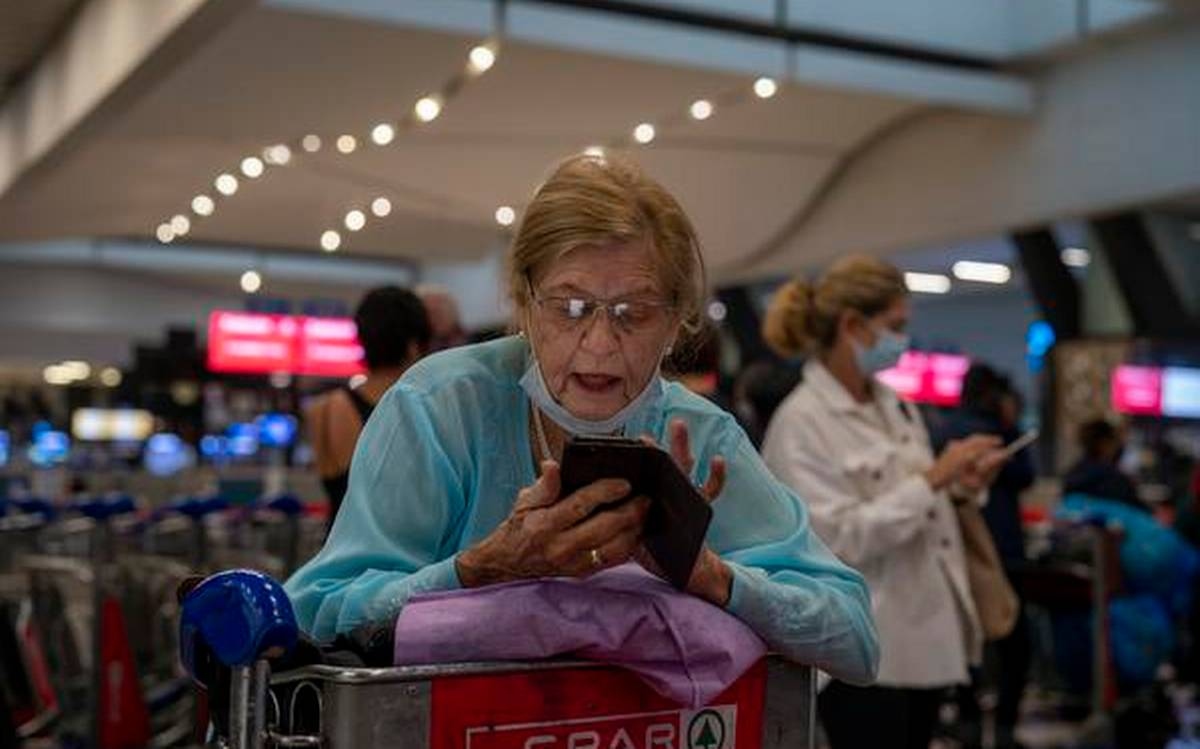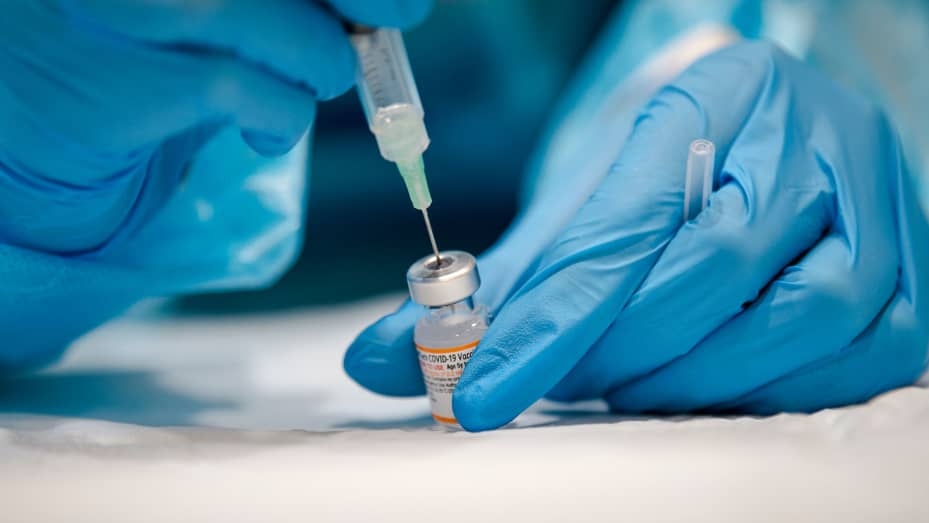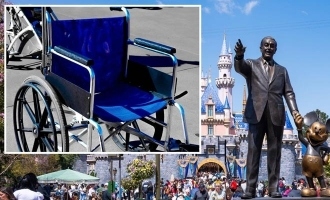New, fast-spreading COVID strain identified by WHO; People fear another virus surge


Send us your feedback to audioarticles@vaarta.com



The World Health Organisation (WHO) on Friday classified a new COVID-19 variant, B.1.1.529, first detected in South Africa on November 24, 2021, as a highly transmissible virus of concern and renamed it Omicron.
Several countries have since rushed to ban flights and impose restrictions to slow the spread of the new variant, causing stock markets across the globe to crash. Initially confirmed by scientists in South Africa, Omicron has also been detected in Israel, Belgium, and Hong Kong. Several of the people who were infected have apparently been fully vaccinated, while one of them had even received a third booster shot.

Claiming that preliminary evidence suggested an increased risk of reinfection, the WHO stated, “This variant has a large number of mutations, some of which are concerning. Preliminary evidence suggests an increased risk of reinfection with this variant, as compared to other VOCs. The number of cases of this variant appears to be increasing in almost all provinces in South Africa.”

Meanwhile, the central government assured on Friday that no case of the new Covid variant has been detected in the country so far. About the new strain, Dr Sanjay Rai, centre for community medicine at AIIMS, was quoted as saying, It is a new variant. We do not know its overall infectivity but the probability is that it may bypass your existing immunity either acquired through vaccines or natural infection. If it bypasses, it will be a serious issue.”
The WHO also advised people to take precautionary measures to control the spread of the virus strain. “Individuals are reminded to take measures to reduce their risk of COVID-19, including proven public health and social measures such as wearing well-fitting masks, hand hygiene, physical distancing, improving ventilation of indoor spaces, avoiding crowded spaces, and getting vaccinated,” the statement added.
Follow us on Google News and stay updated with the latest!




 Follow
Follow































































